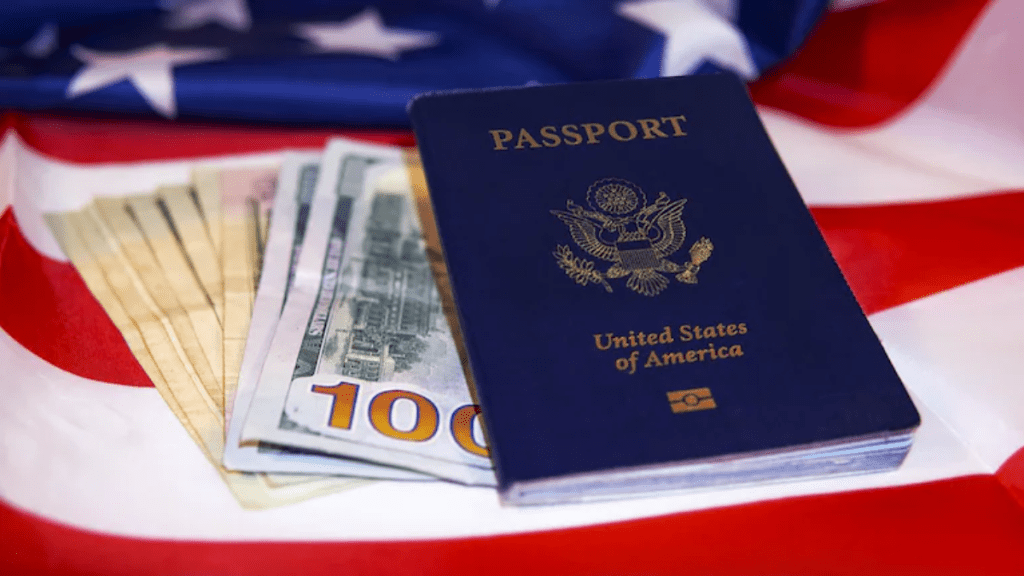In a case that has sparked concern among student visa applicants, a reddit user, also an Indian student, was issued a 221(g) notice after her F-1 visa interview at the U.S. Embassy in New Delhi on July 10, allegedly due to a social media-related concern involving her Reddit account. The student shared the details regarding here visa interview experience on Reddit itself.
According to the student, the visa officer flagged her Reddit profile—an account not listed on her DS-160 form—and informed her it was not public. However, she later verified that the account had been publicly accessible at the time of the interview. She was issued a 221(g) slip requesting that she make all her social media handles public. Her passport was retained.
“What troubled me most,” she shared in a Reddit post that has since gone viral, “Is that if the officer could identify my Reddit account using background vetting tools, how could she miss that it was public?” She speculated whether the discrepancy could be due to a technical glitch or a delay in data syncing, especially since her Reddit username did not resemble her legal name.
The situation has raised broader questions among visa hopefuls about how consular officers access and interpret social media activity during administrative processing. The reddit user has taken proactive steps to resolve the issue, including posting identifiable information on other listed platforms to establish linkage to her Reddit profile and raising a support case via the USTravelDocs portal.
“I’m worried a decision could be made before my clarification reaches the officer, resulting in a refusal,” she said, expressing frustration at the lack of an expedited communication channel.
Visa refusal under section 221(g) typically occurs when additional information or administrative processing is required. While this provision doesn’t mean denial, it often delays visa issuance. Applicants are encouraged to comply with all requests promptly.
The Indian student’s experience has struck a chord online, especially among students gearing up for higher studies abroad. Many are now double-checking the visibility settings on their online accounts and calling for more transparent communication protocols during the visa process.
Her case underscores the increasing weight placed on digital footprints during U.S. visa screenings and highlights the need for clearer guidance and real-time support in cases involving potential misinterpretations.
